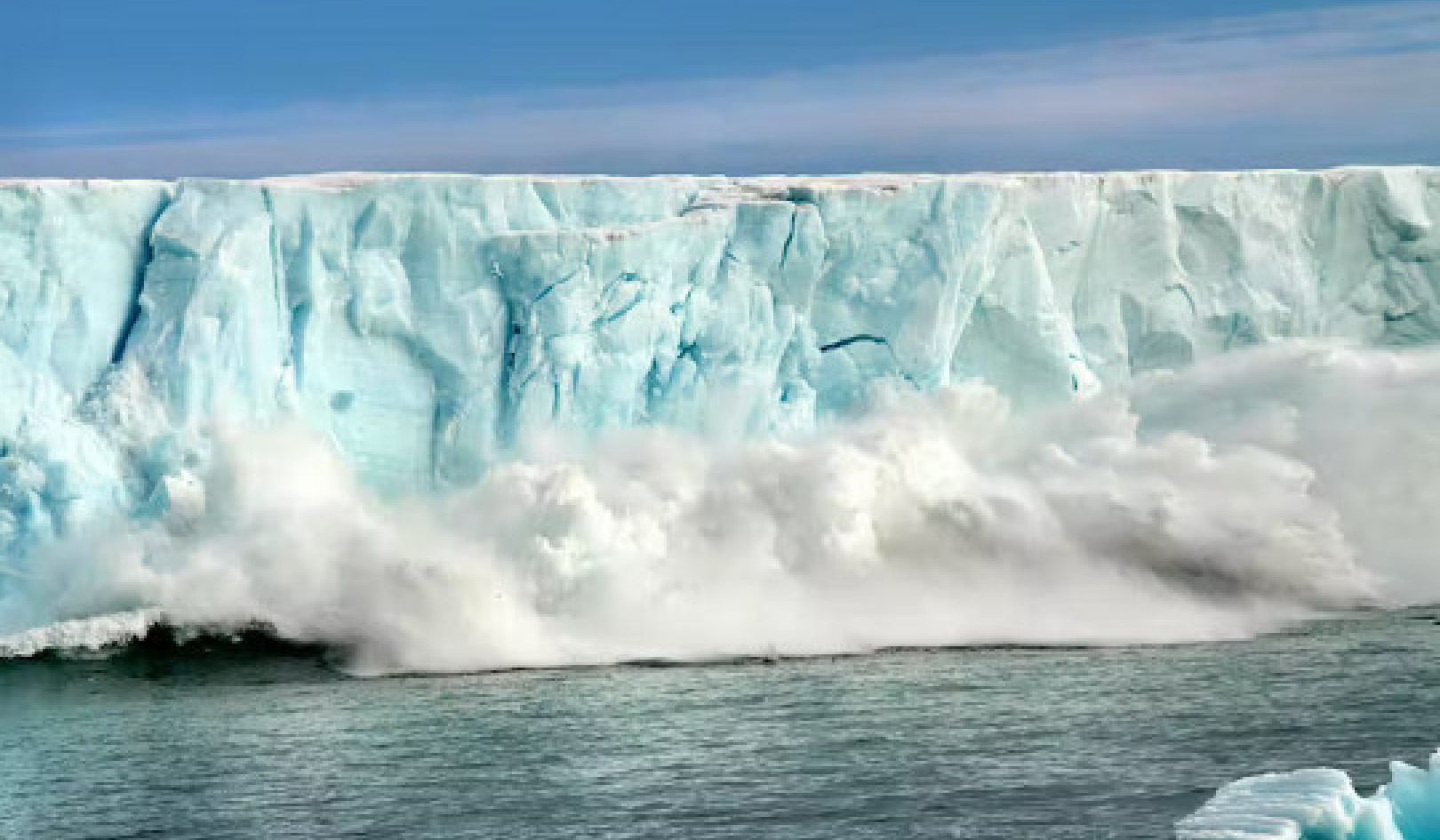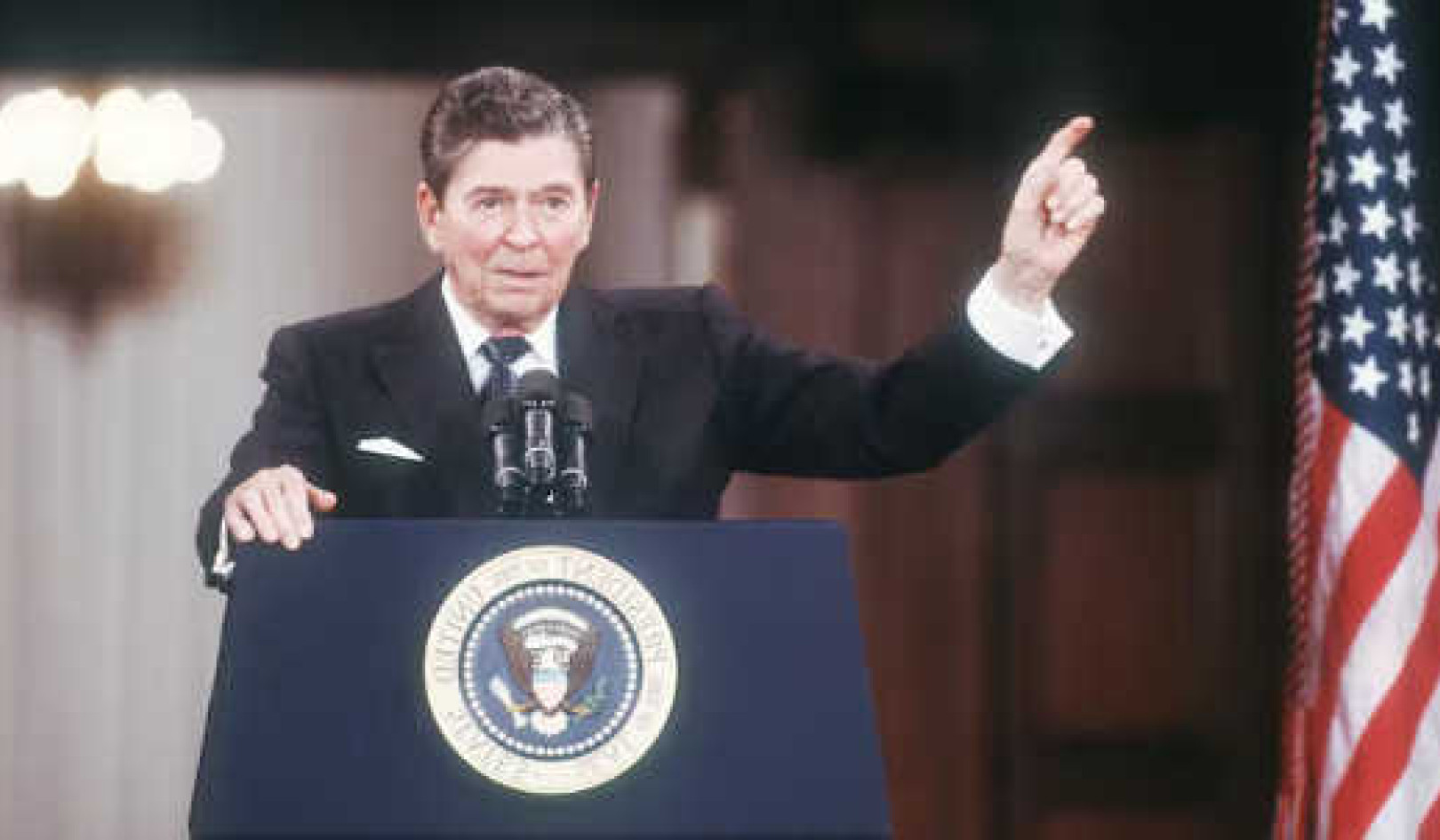 If countries cannot keep fossil fuels in the ground then they should at least keep their ads off the air.
If countries cannot keep fossil fuels in the ground then they should at least keep their ads off the air.
“Godfathers of climate chaos” in the coal, oil and gas industries have used slick advertising campaigns (not to mention lobbying and legal action) to distort their record of environmental damage UN secretary general António Guterres said last week. If you think you’re immune to these tactics, research suggests otherwise.Advertising encourages the public to use a particular product or service. Laws have prevented tobacco companies from doing this in the UK and elsewhere for several decades after the medical case against smoking hardened. The same restrictions must now apply to fossil fuels, the overwhelming cause of climate change, says Peter Dietsch, a professor of philosophy at the University of Victoria.
Better living through sophistry
To slow and eventually halt global heating, the consumption of fossil fuels and related products must fall rapidly.
“And yet, advertising for such goods and services is everywhere, encouraging fossil-fuel consumption: flights to Rome, pickup trucks and SUVs, cruises to Alaska, steak from Argentina and so on,” Dietsch says.
Climate change already kills a comparable number of people to smoking, Dietsch argues, albeit indirectly: deadly heatwaves, floods and droughts are all downstream of billboards brandishing combustion-engine cars, beef and budget holidays.
The sheer variety of climate-damaging consumer options makes regulating these adverts trickier, but it can be done, Dietsch says.
“Here is a plausible starting point: Define a certain threshold of emission-intensity that qualifies the good or service for the ban.”
Encouraging consumption is one thing. However, fossil fuel firms engage in advertising for another reason: reputation management.
“Ads which appeal to eco-conscious consumers [can] dramatically affect public perceptions of how brands are addressing climate change,” say marketing experts Morteza Abolhasani and Gordon Liu and engineer Zahra Golrokhi at Open University.
Newsletter reader, “eco-conscious consumer” means you. Advertisers can manipulate your emotional affinity for nature to make you buy supposedly eco-friendly products that may be more expensive than the leading alternative. Abolhasani, Liu and Golrokhi found that simply adding “upbeat, bright-sounding” music to adverts was enough to leave a positive impression of a brand.
“Studies show brands advertising their sustainability perform better, but consumers can’t be expected to research every claim,” says Matthew Hall, a visiting scholar in law at Te Herenga Waka — Victoria University of Wellington.
Indeed, you may not even realise that you’re looking at an advert. Fossil fuel firms are among the biggest spenders on Google ads that are designed to resemble search results.
Still think you wouldn’t be so easily fooled? In New Zealand, a petrol station franchise landed in legal trouble over a 2022 advertising campaign. “We’re in the business of getting out of the petrol business,” it claimed, right before the company’s fuel sales shot up.
A crude example, you might say. But it worked.
“According to research by the Sustainable Business Council, the firm is among the companies ‘associated with sustainability among at least 50% of New Zealanders’,” says Matt Halliday, a lecturer in brand creativity and advertising at the Auckland University of Technology.
Antidotes to greenwashing
Legislation to restrict fossil-fuel advertising has inched forward in several countries. France banned such adverts in 2022 and the European Union Parliament issued a directive in January that would ban baseless marketing claims like “environmentally friendly”.
Critics argue these legal provisions do not go far enough. The Canadian Parliament has considered a bill that is “potentially much larger in scope” than existing European bans says Hall, as it would restrict fossil-fuel promotion of any kind. One of the most pernicious and least regulated of these is sports team sponsorship.
“Everywhere you look, sport is awash with fossil fuel money,” says Freddie Daley, a research associate in political economy at the University of Sussex.
Sick of being pumped with falsehoods without their consent, activists have reclaimed the public space fossil-fuel advertisers occupy and subverted their messages.
While government delegates were gathering to thrash out the Paris agreement on climate change in December 2015, a team of artists in orange vests was flitting between bus stops in the French capital. Their mission: to replace advertising posters with their own creations.
“‘Tackling climate change? Of course not, we’re an airline,’ reads one such illicit poster. At first glance, it looks surprisingly legitimate. The poster is signed off ‘Air France – part of the problem’,” reported Thomas Dekeyser, a PhD candidate in cultural geography at the University of Southampton.
Compared to the scale of the climate problem, restricting adverts for high-emission products and activities is not particularly radical says Dietsch. But “advertising takeovers and other forms of creative disobedience” offer a more fruitful debate on who has the right to have their voice heard according to Dekeyser:
“The right to the city is currently disproportionately distributed, with advertising spaces in public space only available to those who can afford to pay for it,” he says.
“Some of the posters present words and images that poetically reflect on modes of alternative living to suggest the more fundamental transformations in culture possible (and necessary) to circumvent environmental decline.”![]()
Jack Marley, Environment + Energy Editor, The Conversation
This article is republished from The Conversation under a Creative Commons license. Read the original article.
Books on The Environment from Amazon's Best Sellers list
"Silent Spring"
by Rachel Carson
This classic book is a landmark in the history of environmentalism, drawing attention to the harmful effects of pesticides and their impact on the natural world. Carson's work helped to inspire the modern environmental movement and remains relevant today, as we continue to grapple with the challenges of environmental health.
Click for more info or to order
"The Uninhabitable Earth: Life After Warming"
by David Wallace-Wells
In this book, David Wallace-Wells offers a stark warning about the devastating effects of climate change and the urgent need to address this global crisis. The book draws on scientific research and real-world examples to provide a sobering look at the future we face if we fail to take action.
Click for more info or to order
"The Hidden Life of Trees: What They Feel, How They Communicate?Discoveries from A Secret World"
by Peter Wohlleben
In this book, Peter Wohlleben explores the fascinating world of trees and their role in the ecosystem. The book draws on scientific research and Wohlleben's own experiences as a forester to offer insights into the complex ways that trees interact with one another and the natural world.
Click for more info or to order
"Our House Is on Fire: Scenes of a Family and a Planet in Crisis"
by Greta Thunberg, Svante Thunberg, and Malena Ernman
In this book, climate activist Greta Thunberg and her family offer a personal account of their journey to raise awareness about the urgent need to address climate change. The book provides a powerful and moving account of the challenges we face and the need for action.
Click for more info or to order
"The Sixth Extinction: An Unnatural History"
by Elizabeth Kolbert
In this book, Elizabeth Kolbert explores the ongoing mass extinction of species caused by human activity, drawing on scientific research and real-world examples to provide a sobering look at the impact of human activity on the natural world. The book offers a compelling call to action to protect the diversity of life on Earth.

























